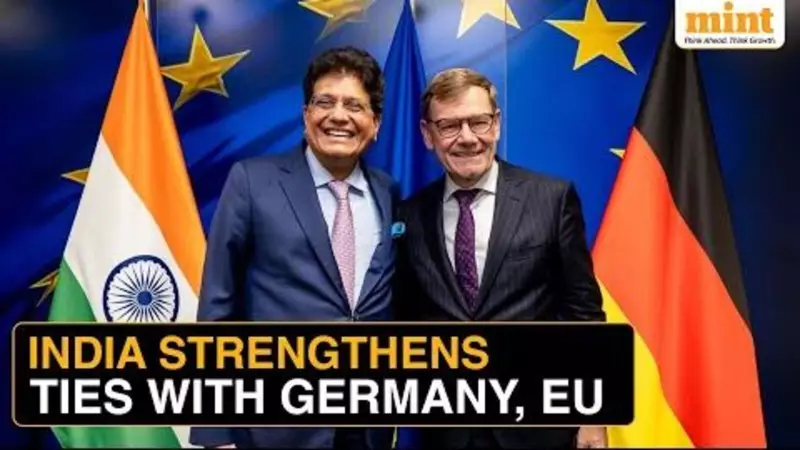
In a strategic move that could reshape global trade dynamics, India is accelerating negotiations for a comprehensive trade agreement with the European Union. This development comes as New Delhi prepares contingency plans to counter potential tariff increases from the United States.
Diplomatic Push in Berlin
India's diplomatic mission in Berlin has become the epicenter of intense trade discussions, with officials working tirelessly to finalize key aspects of the India-EU trade pact. Sources indicate that both sides are showing unprecedented flexibility to reach a mutually beneficial agreement.
Countering US Trade Pressures
The timing of these negotiations is particularly significant. With the possibility of new US tariffs looming, Indian policymakers are strategically diversifying their trade partnerships. Enhanced access to the European market would provide Indian exporters with crucial alternatives to the US market.
Key Negotiation Points
- Market access for Indian services and professionals
- Reduction of technical barriers to trade
- Intellectual property rights protection
- Sustainable development commitments
- Digital trade provisions
Economic Implications
A successful India-EU trade deal could potentially offset billions of dollars in trade that might be affected by US tariff measures. The European Union represents one of India's largest trading partners, with bilateral trade exceeding $130 billion annually.
Strategic Timing
Trade experts note that the current geopolitical climate presents a unique opportunity for India to strengthen its economic ties with Europe. The negotiations have gained momentum as both sides recognize the benefits of deeper economic integration.
Industry Perspectives
Indian industry leaders have welcomed the accelerated negotiations, noting that enhanced EU market access would benefit multiple sectors including pharmaceuticals, information technology, textiles, and automotive components.
The bottom line: India's proactive approach to trade diplomacy demonstrates its commitment to securing favorable economic partnerships in an increasingly complex global trade environment. The success of these negotiations could significantly enhance India's position in the global economic landscape.





